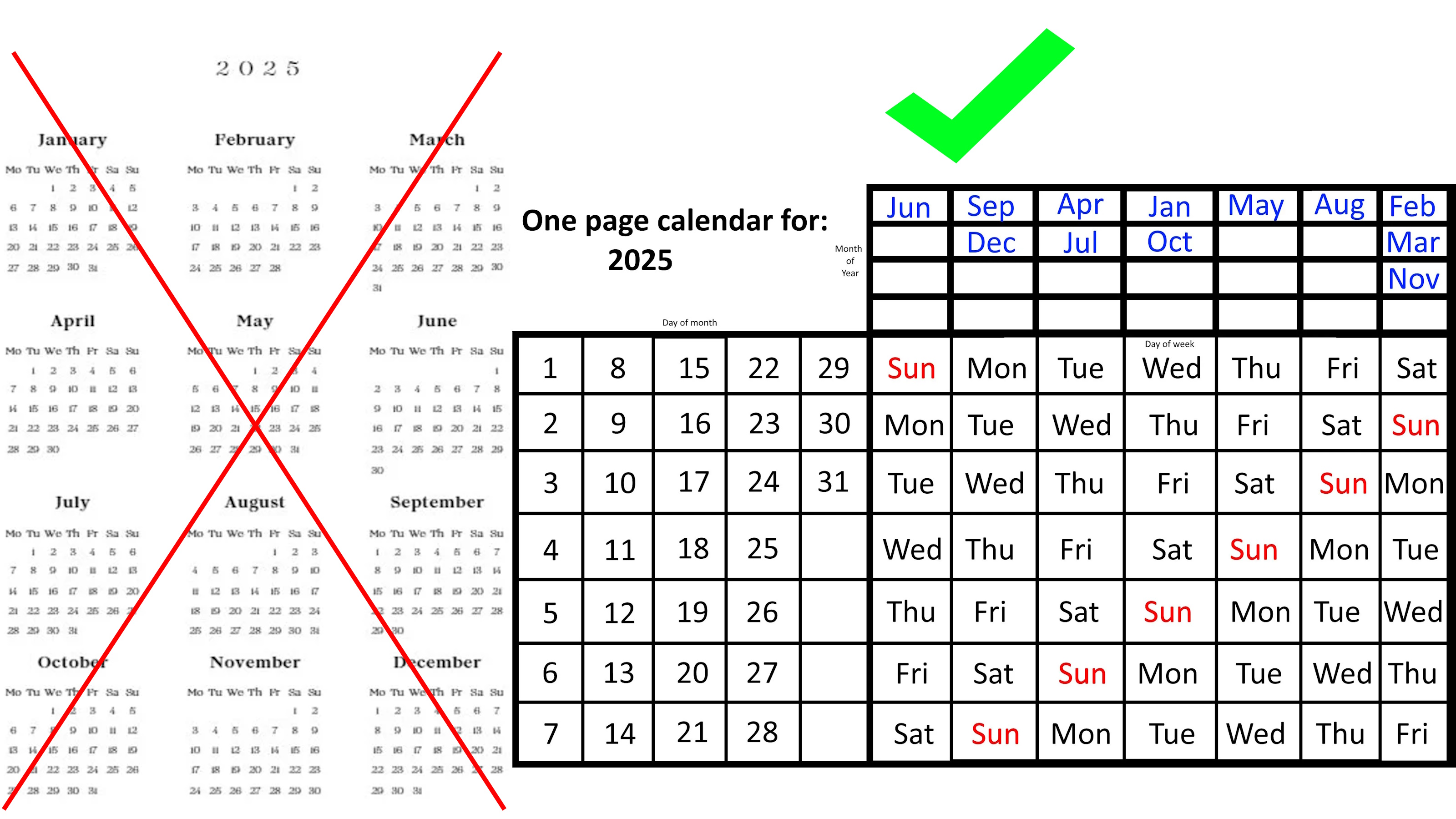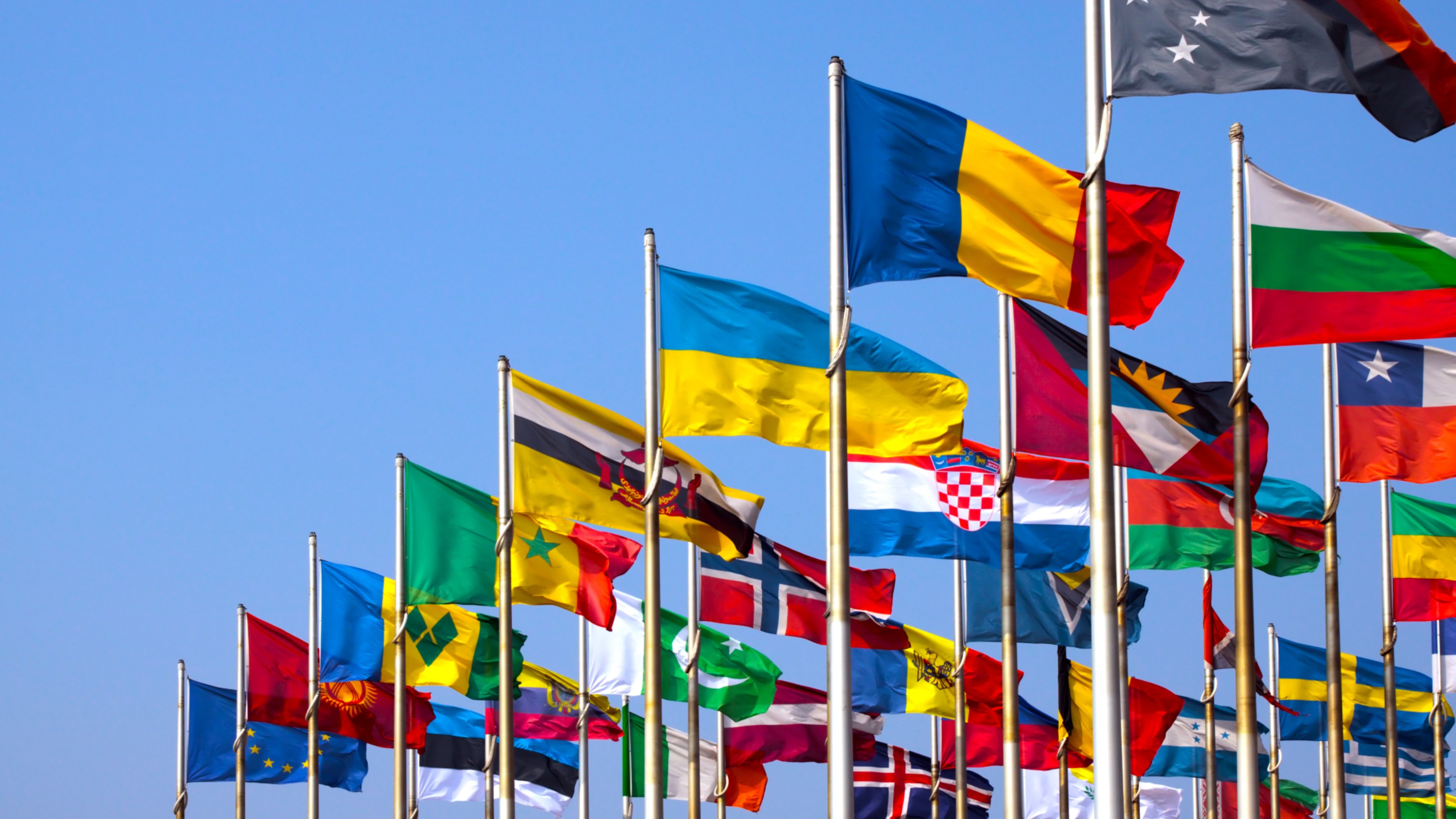America has to use its power wisely and decently.
The overwhelming challenge in the world today for the United States is how we use this power – unrivaled power, unprecedented power, unmatched power – economically, militarily, technologically, culturally? How we use that power to protect American interests and to make a better world – safer, more prosperous. That is the great challenge for the country now, and I think will be for many, many years to come. I think we’ve got a lot of work to do. I think we’ve had quite a setback, and we have not used that power as wisely, and prudently and effectively as we should have used it – particularly with regard to the war in Iraq. But this is behind us now, and we are where we are. We can’t change recent events and recent history. So I think we have to apply American power pragmatically, realistically. We have to make sure that we do not set goals for ourselves that we cannot achieve. When President Bush said we’re going to end tyranny in the world, that is idealism beyond reach. When President Kennedy said we must bear any burden, that is beyond reach. It’s an ideal, but the problem is matching resources to achieve your goal. And Americans, I think, have tended to overreach in the world, and to think that our power is so great that we can achieve all kinds of things. I have become impressed with the limitations of American power, and with the necessity of matching our goals with the means to achieve those goals; and to apply for ourselves pragmatic objectives around the world – achievable objectives. And to think that we can suddenly make democracy bloom in Saudi Arabia, and in Egypt, and in Pakistan is a stretch. We can’t do it. But I am also impressed that American ideals are good and solid. But we cannot accomplish them without a lot of help. If you sit down and try to name the most difficult problems that bother you – I don’t know what they might be . . . climate change, drugs, conflicts of all kinds, rising tensions in the world, HIV/AIDS, whatever . . . nuclear proliferation – you have to be impressed, I think, with the fact that you cannot achieve those goals by yourself. We have to have help. As big as we are, as smart as we are, as rich as we are, we need help. And we have to learn to work together. The great genius of American diplomacy came about, at least in my lifetime, after World War II when the idealism of the American people was captured pragmatically, and we rebuilt Europe with the Marshall Plan – Europeans leading the way, of course, but with our help. And we had this flowering of diplomacy. The World Bank, the IMF, what eventually became the WTO – the World Trade Organization – the United Nations. In other words, we advanced American interests, but we did it by cooperating with other countries around the world. We did not say, “This is the way it’s going to be. It’s going to be the American model. We’re going to do it our way. We’re going to impose it upon you.” We rejected that, and we took the generosity of the American public. Just think for a moment. We defeated Japan and Germany. They were the great evil – Adolf Hitler, Tojo – some people will remember that – the Emperor of Japan. After the war, we immediately turned around – immediately – and gave aid to those countries. What a remarkable thing. Think of that. We gave aid to the people we had been fighting for years. Well how do you capture that spirit again? That generosity? That pragmatism? That ability to advance your interests, but also include the interests of others? That’s the great challenge for us. I think the United States wants to use its power in a way that will understand the cry for dignity in the world today; the cry for progress, for a better life. And the United States ought to try to say to the world, “We’re on your side. We can’t solve all of your problems. We would like to help.” Let me give you a very specific example. We think the madras schools in Pakistan are very bad. They teach hostility of Americans. They don’t teach the basics of education. So we have a program in effect now to help develop alternative educational systems in Pakistan. It’s a small program. It’s not gonna solve all the problems in Pakistan for sure; but the signal is right. “We’re on your side. We want to try to help you.” You see I think people around the world basically want the same things. They want a decent life for themselves. They want to be able to have healthcare and education. They want to be able to marry the person of their choice, and they want to have a decent retirement. All the things that we talk about all the time in America, I think it’s wanted by everybody in the world. So America has to be on the side of decency and on willingness to help; but it also has to recognize that we can’t do it all; that we can only say, “We can be on your side.” I’ll tell you an analogy. Every American politician is approached regularly by somebody who asks him or her to do something that is utterly impossible to do. I don’t know any successful American politician who says to that person, “I can’t help you.” What do you say? You say, “I understand your problem. I’d like to try to be helpful. I’m on your side.” It may be simplistic, but I don’t think it is. That’s what America has to do in the world. “We can’t solve all your problems, but we want for you the same thing we want for ourselves – a decent life – and we want to help.” Recorded on: 7/5/2007 at The Aspen Ideas Festival





